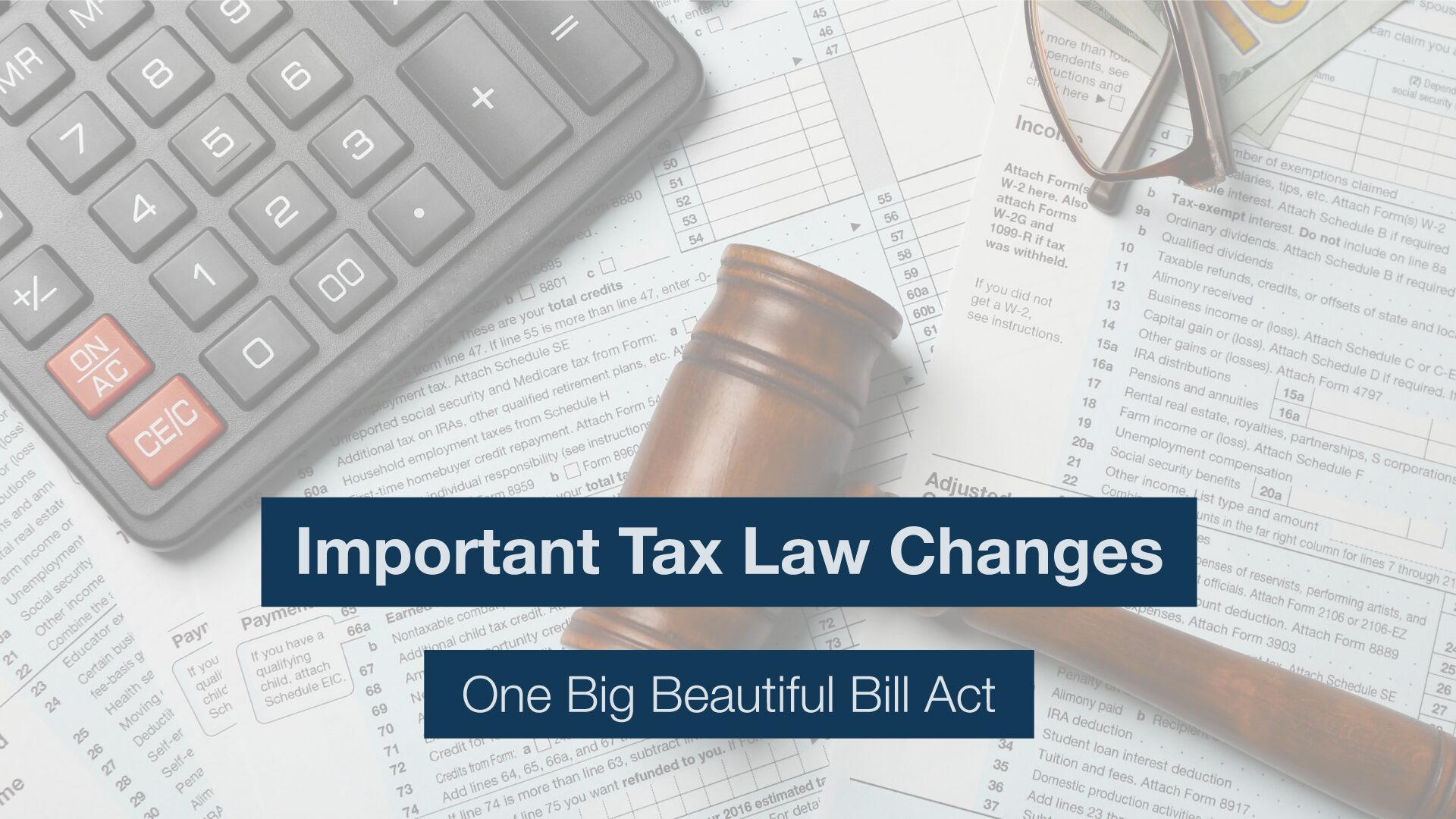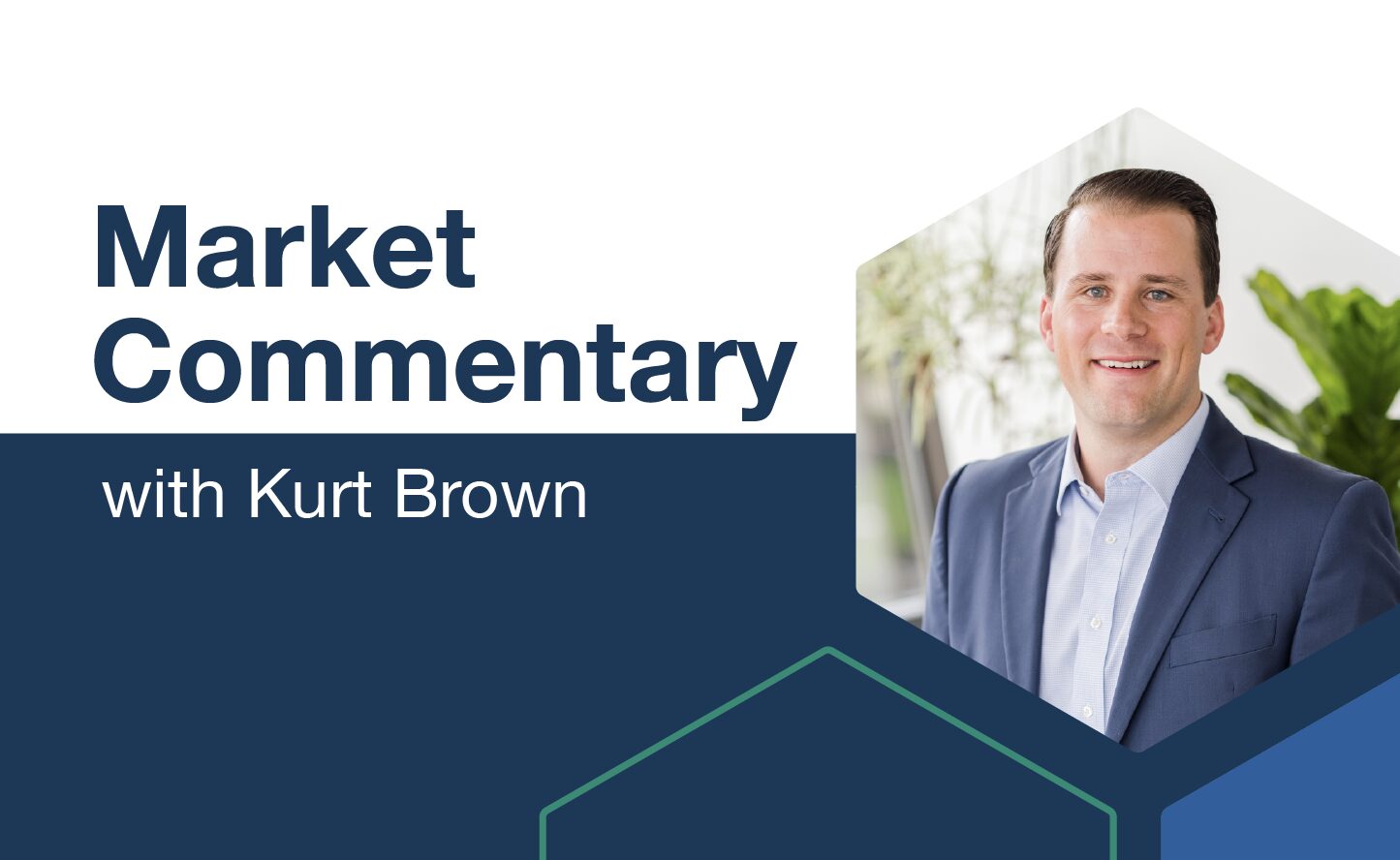Yesterday’s presidential election results were a surprise for most Americans. Virtually all pollsters had it wrong. Just as the Brexit vote confounded the media and much of the world, Donald Trump’s upset victory over Hillary Clinton has left much of the world wondering how it happened. For our clients, there is little point in us analyzing the election. What’s done is done. Our intent this morning is to try to look at the Trump win from a financial planning perspective.
As we noted in prior commentaries, investment markets do not like surprises. And the election result is a huge surprise for much of the global investment world. As this is written, futures for the S&P 500 have pared back losses, along with European stocks. The Japanese yen and gold have scaled back their initial gains. Long-maturity Treasuries have sold off, while industrial metals are soaring. Copper is at a 15-month high on speculation a Trump administration will increase spending to spur economic growth. Emerging market currencies are lower, in anticipation of more protectionist American policies. Obviously we don’t know where things will go today once the markets open at 9:30. But we would not be surprised if domestic stocks give up much of the 400-point gain of the previous two days, or even more.
Here are our initial observations and expectations:
- Expect an initial sell off when the markets open today. Volatility will likely increase in the short term. The fact that the election results were not contentious, with the loser conceding the results, is calming for the markets. We may see some similarity to the Brexit fallout: initial market weakness, followed by a recovery when the dust settled.
- While Mr. Trump has a business record, he has no political record. This causes uncertainty, and the markets do not like uncertainty. Surely this will change in the weeks ahead, as the incoming President’s initial plans become known. Market volatility had already increased in the last few months, so the election may just kick it up a notch.
- The reasons for a diversified investment allocation are crystal clear this morning. And the importance of protecting 3-5 years of portfolio income needs in cash and stable asset classes has seldom been more obvious.
- The Federal Reserve is still on target to hike interest rates by ¼ % next month. But this could change if world markets and the political environment push the Fed to reconsider. The Brexit vote and other issues kept them from raising rates in June.
- Markets fell sharply after Barack Obama was elected, and they later presided over bull markets. As the Wall Street Journal noted, perhaps Mr. Trump will not be a market boogeyman, either.
- While we admit our crystal ball is cloudy at best, initial sector winners could be healthcare, biotechnology, energy (especially domestic oil companies). But we would not recommend any immediate changes, and most diversified portfolios already have positions in these areas.
Over the last 30 years, we have experienced many ups and downs: changes in governments, global economic and political crises, stock market booms and busts, you name it. That will not change. Through it all, we are here to answer your questions and respond to your concerns.
Bob Cochran
Kurt Brown
Tom Ellison
Please remember that past performance may not be indicative of future results. Different types of investments involve varying degrees of risk, and there can be no assurance that any specific investment, strategy, or product or any non-investment related content, made reference to directly or indirectly in this newsletter, will be suitable for your individual situation, or prove successful. This material is distributed by PDS Planning, Inc. and is for information purposes only. Although information has been obtained from and is based upon sources PDS Planning believes to be reliable, we do not guarantee its accuracy. It is provided with the understanding that no fiduciary relationship exists because of this report. Opinions expressed in this report are not necessarily the opinions of PDS Planning and are subject to change without notice. PDS Planning assumes no liability for the interpretation or use of this report. Consultation with a qualified investment advisor is recommended prior to executing any investment strategy. No portion of this publication should be construed as legal or accounting advice. If you are a client of PDS Planning, please remember to contact PDS Planning, Inc., in writing, if there are any changes in your personal/financial situation or investment objectives. All rights reserved.



